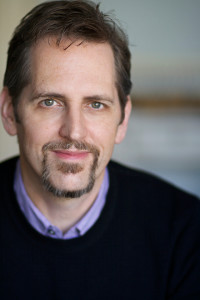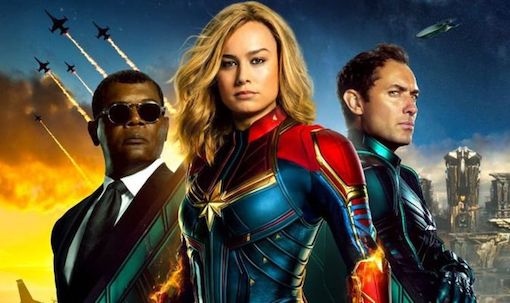
by Erik Bork | Nov 6, 2019
Whether you’re a diehard fan of the Marvel Cinematic Universe or agree with Coppola and Scorsese that comic book superhero movies are the scourge of our culture, I think we can all agree that they have taken over a big chunk of the American film industry —...

by Erik Bork | Nov 14, 2018
What is a B Story? It’s a secondary story that has its own beginning, middle and end, and is focused on its own problem, separate from but intertwined with the A Story. And it has its own main character, who may or may not be the same as the A Story’s....
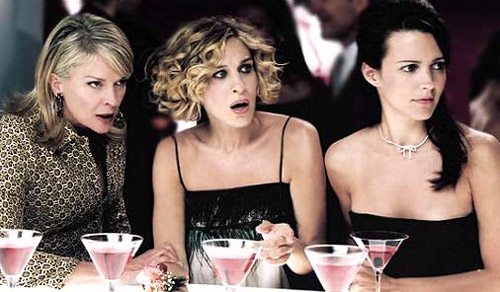
by Erik Bork | Jul 5, 2018
When I first started writing, I wish someone had explained to me what the necessary elements of a scene were. (As well as the key criteria for a good story.) In many scripts I read (and some I’ve written!), the writer seems a little hazy about what a scene...

by Erik Bork | Jun 27, 2018
“Fool Triumphant” is one of Blake Snyder’s ten “genres” — which I think are the most useful and revolutionary tool in his Save the Cat books. I always work with them at the crucial story/concept development stage, on my own projects...

by Erik Bork | Mar 30, 2018
There are certain fundamental qualities that stories for the screen seem to need, which all writers struggle to master. I see problems related to these qualities in virtually every idea or script — including my own! I have blogged about all of these over the...
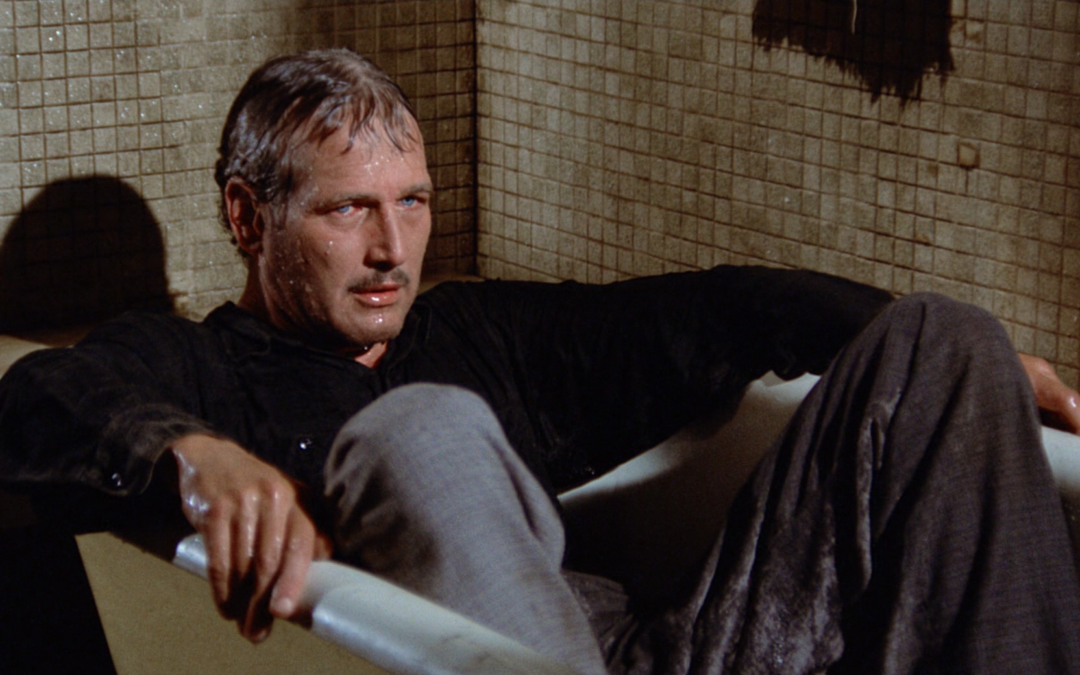
by Erik Bork | Jan 4, 2018
I’ve written before about the first ten pages of a screenplay, and touched on the nature of the Catalyst (which the Save the Cat “beat sheet” insists should happen on exactly page 12). But I haven’t yet focused on its “Debate Section” —...

by Erik Bork | Dec 22, 2017
Blake Snyder’s Save the Cat books called the first half of a screenplays second act the “Fun & Games section.” This is where the action shifts to an “upside down world” of some kind, where the main character will try to confront their overall story problem/goal....
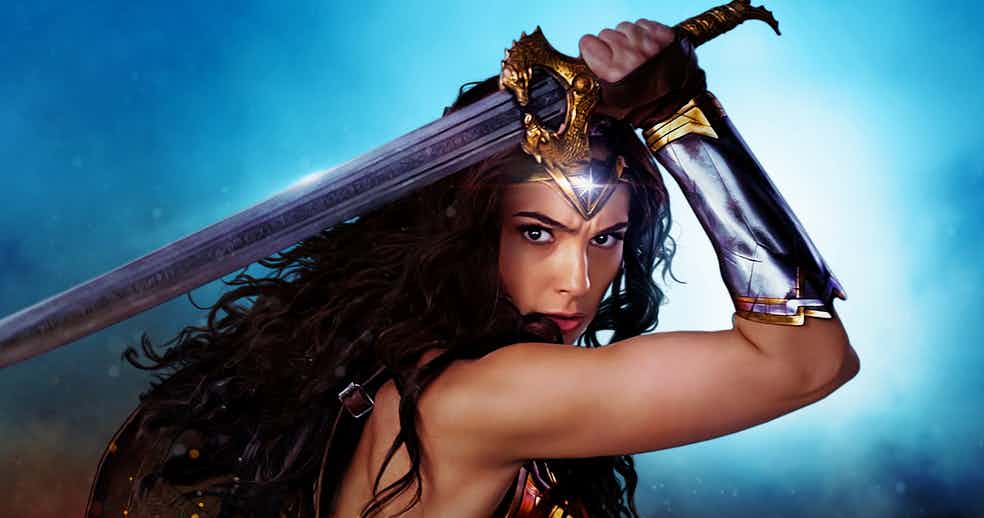
by Erik Bork | Dec 2, 2017
Many writers believe their story needs a villain — a single character who is the main source of opposition in the story, or the primary “bad guy.” Since arguably all stories have a “protagonist,” don’t they all need an “antagonist”? I don’t believe they...
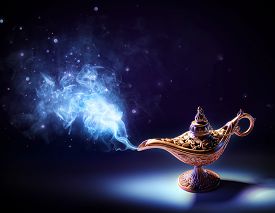
by Erik Bork | Nov 18, 2017
I see a lot of scripts these days where the writer initially depicts the main character as kind of a selfish jerk. This is on purpose, because they want to “arc” them to a better, nicer person in the end. I get this desire, as many of the best movies feature powerful...
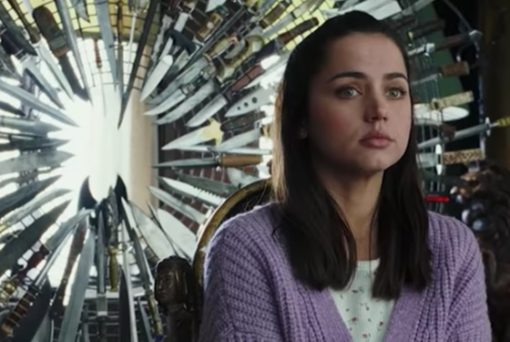
by Erik Bork | Aug 24, 2017
In any story, the problem gets worse in the middle for the main character. Or at least it gets more complicated, more difficult, more dangerous, etc. They are generally not “winning.” They’re overmatched by whatever they’re involved in. The difficulties of...











